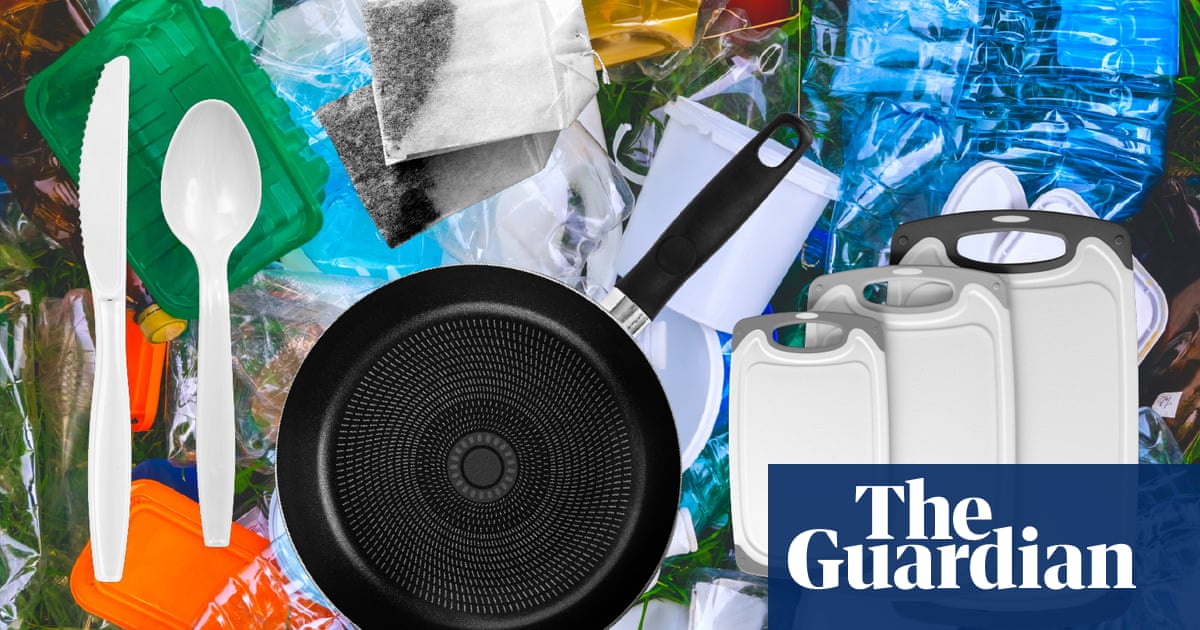
There are a number of single-use items we have come to rely on in the kitchen. Stepping back and looking at our waste can lead us to question whether we actually need these things at all. Could we do without or switch to a reusable alternative?
Reusable alternatives are often an “investment” – meaning they cost a lot upfront, but will last and save you money in the long run. That being said, there are definitely options for every budget.
First, it’s worth questioning whether something really is single use: just because the manufacturer labels something that way, it doesn’t mean we need to limit it to one use. Aluminium foil can be washed and reused several times, as can ziplock bags and other plastic. Baking paper can often be wiped down and reused a few times before composting. Here are a few other switches.
Paper towels or kitchen rolls: consider using a dishcloth for wiping spills, or using old tea towels to absorb excess liquids and then washing before reusing. It’s possible to buy purpose-made “unpaper towel”: reusable fabric cut to size, often attached to form a roll.
Bin liners: if you buy food in packaging, could any of that packaging be used as a bin liner? Could you line your bin with old newspaper? Could you do away with a liner altogether?
Baking paper and parchment paper: some brands of paper have a thin layer of plastic and may be bleached with chlorine. A reusable alternative is silicone baking sheets. If you prefer baking paper, If You Care are a brand making Forest Stewardship Council-certified compostable baking paper. Choose a roll rather than pre-cut sheets to reduce the waste.
Aluminium foil: if you use foil for wrapping leftovers, consider switching to a reusable alternative. If you use it in cooking, look for a brand that is 100% recycled.
Muffin cases: a thorough greasing of baking tins can reduce the need for single-use muffin cases. Alternatively, silicone bakeware is oven safe and reusable. If sticking with single-use, choose unbleached paper and avoid glitter or metallic papers as these are not compostable.
Ziplock bags: reusable silicone storage bags are much sturdier and long lasting – plus the best ones are oven, microwave and dishwasher safe.
Wooden skewers: a fun alternative is to use rosemary sprigs – remove the leaves and use the central stem. Meanwhile, metal skewers have the advantage of reducing cooking time (hot metal cooks the inside of the food).
Plastic straws: consider reusable bamboo, glass, stainless steel and coloured metal or silicone options: almost all are dishwasher safe.
How to store things in the fridge without plastic wrap
The common wisdom is to wrap things in plastic so they keep better in the fridge. If you’re trying to use less single-use plastic and ditch the plastic wrap, you don’t want things going bad sooner as a result. Here’s what you can use instead.
Reusable wax wraps: these are pieces of cotton that have been coated with wax (usually beeswax and jojoba, but wholly plant-based wax versions are also available), which makes them waterproof but breathable. They also contain tree rosin (usually damar or pine rosin, sometimes called colophony), which makes them sticky and more adhesive. Wax wraps are useful for wrapping cheese and cut produce, and covering bowls and plates.
Storage containers with lids: any lidded container is going to create a high-humidity environment and reduce wilting. They’re also going to trap strong smells. Glass jars and old plastic containers and lunch boxes you already have will do the trick, while rectangular glass storage containers are a good investment (I choose oven-safe glass so my containers can double as oven dishes).
A damp tea towel: leafy greens or anything that tends to go limp in the fridge can be loosely wrapped in a damp (but not soaking wet) tea towel.
A plate over a bowl/bowl over a plate: simply placing a plate over a bowl of leftovers or prepared produce will help reduce moisture loss. It won’t be airtight, but close enough, and food will keep better than if uncovered.
Silicone storage bags/ sandwich pockets: reusable food storage bags take up far less space in the fridge (and freezer) than rigid containers. They are also more versatile than plastic: the best ones are completely leakproof, microwave and dishwasher safe and can withstand temperatures up to 200C. Silicone storage bags are not cheap, but with proper care will last a lifetime.
Silicone lids (stretchy and non-stretchy): a reusable alternative to the plate/bowl method that provides a better seal.
If you already have reusable plastic containers, don’t feel any pressure to get rid of them and invest in “better” alternatives. It’s always going to be less wasteful to use what we already have. If you’re concerned about reusing your plastic containers for food storage, repurpose them to other areas of the house.
• This is an edited extract from The Less Waste, No Fuss Kitchen by Lindsay Miles published by Hardie Grant Books, RRP $29.99. The illustrations are by Madeline Martinez












